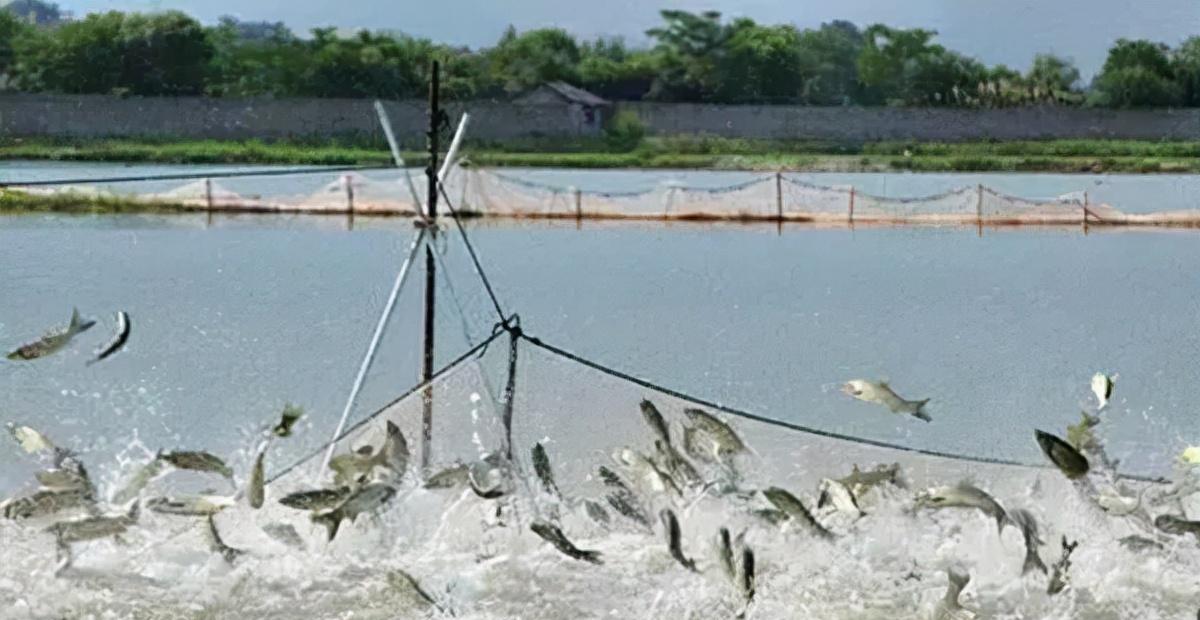With the passage of the last frost in autumn, aquaculture has gradually changed from normal feeding to winter farming, the temperature and water temperature have begun to drop significantly, cold air has spread from north to south, and frequent precipitation has been accompanied by continuous cooling. When cooling down rapidly, what aspects do fish ponds need to pay attention to before wintering?

1, the winter temperature is low, the most feared is that the fish frostbite frostbite, you can set up a wind shield wall in the northwest of the pond to prevent the north wind blowing, resulting in a rapid decline in water temperature. Secondly, some aquatic weeds can be planted in the pond so that fish can spend the winter in the aquatic weeds, maintain the temperature of the pond, and reduce the impact of low temperature on the fish body. Finally, new water can be injected to raise the water temperature in a sunny afternoon.
2, in the final golden period of feeding fish to eat a lot of material, reasonable feeding can not only maintain the fat and weight of the fish, but also can lay the foundation for a smooth winter. Feeding should follow the four principles: regular, positioning, qualitative, quantitative standards, according to the temperature, water body, fish consumption degree of flexible grasp of the amount of food intake, the choice of all aspects of nutritional value of the feed, do not cause waste and pollution of water bodies.
3. Before releasing the fry, disinfect the fish fry, sprinkle the fish liquid peptide beauty, improve the survival rate of the fish, and enhance the anti-stress ability of the fish body. Secondly, after a year of breeding, there are a large number of residual bait and fecal deposits at the bottom of the pond, and anaerobic fermentation will produce toxic gases, causing serious toxicity to fish bodies. Therefore, before wintering, we must do a good job of changing the bottom, regularly use qingqing to improve the permeability of the bottom of the pond, and promote the degradation of organic matter such as feces, leftovers, and dead algae at the bottom of the pool. Regulate the water quality to degrade the ammonia nitrogen in the water body, prevent the formation of nitrite, and enhance the self-purification ability of the water body.